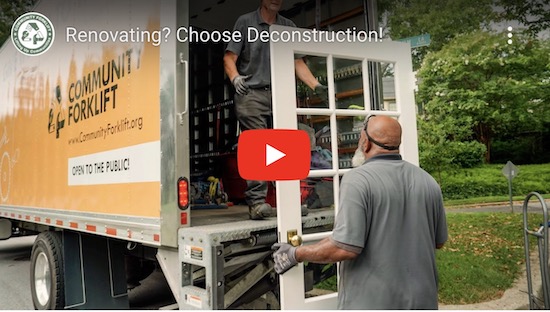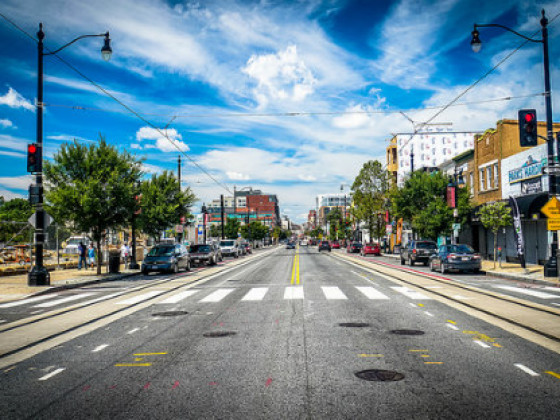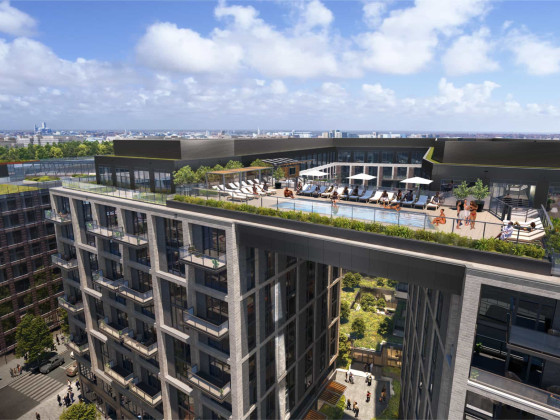 Renovating? Choose Deconstruction Instead of Demolition
Renovating? Choose Deconstruction Instead of Demolition
✉️ Want to forward this article? Click here.
In a city filled with cranes and earth movers, where neighborhoods undergo constant transformation, DC residents are no strangers to construction. But what do Washingtonians know about deconstruction?
Deconstruction is exactly what is sounds like: construction in reverse. It involves the careful dismantling of a building so that materials can be salvaged for reuse rather than dumped in a landfill. With deconstruction, up to 80% of a home, including structural lumber, framing and bricks, can be recovered in reusable condition.
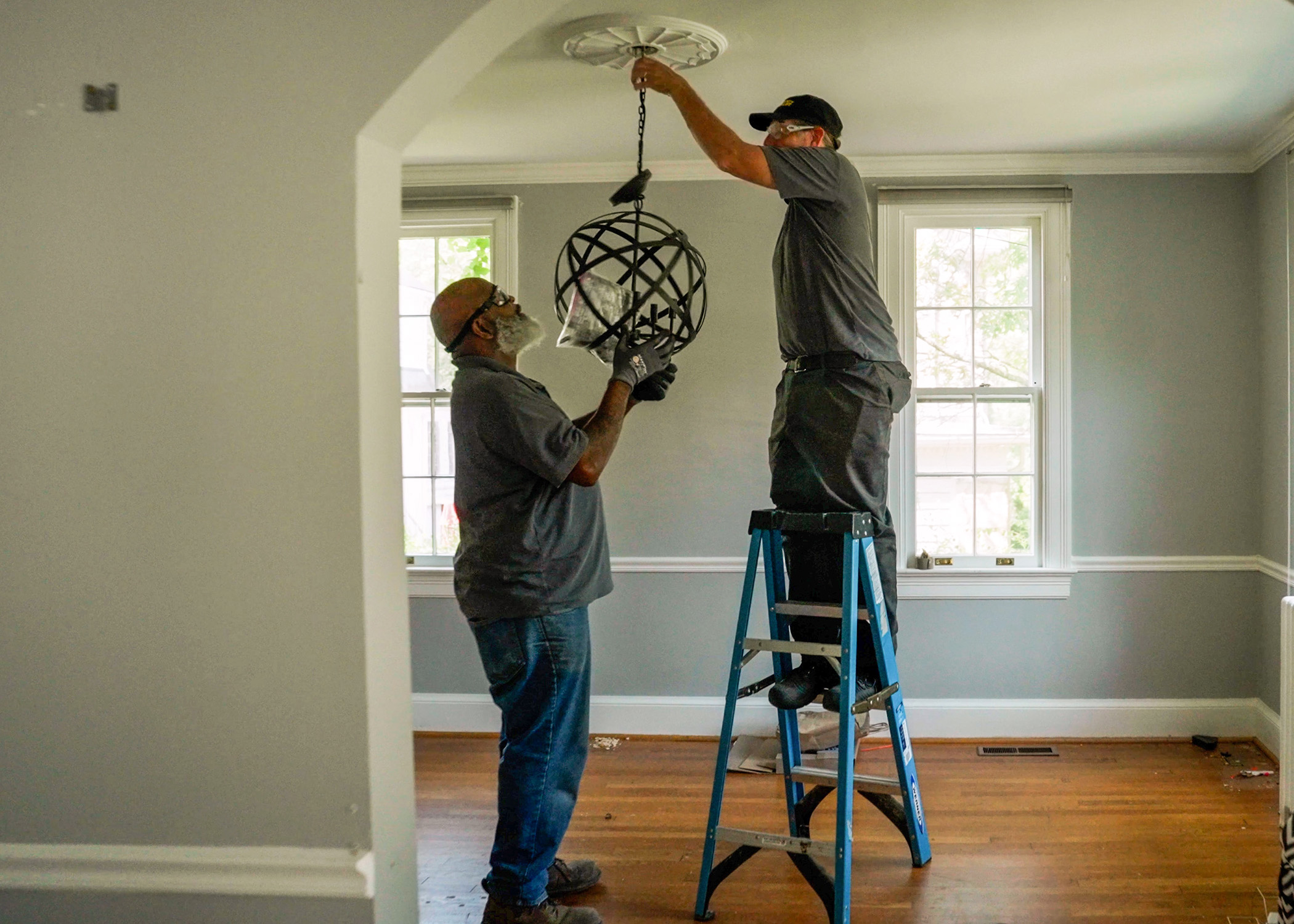
Deconstruction prevents waste and diverts usable materials from local landfills.
Local nonprofit Community Forklift—whose warehouse overflows with salvaged and surplus building materials and home goods—has made deconstruction an important part of their model, touting significant environmental benefits, economic advantages (including tax benefits for materials donors), and social value for the community at large.
For nearly twenty years, the 501(c)3 nonprofit has given residents, local businesses, and building professionals a place to give supplies a second life. Those supplies could be tile, cabinetry, furniture, lighting fixtures, appliances, or quirkier items, like a church altar reused as a kitchen island or a life-size equine statue.
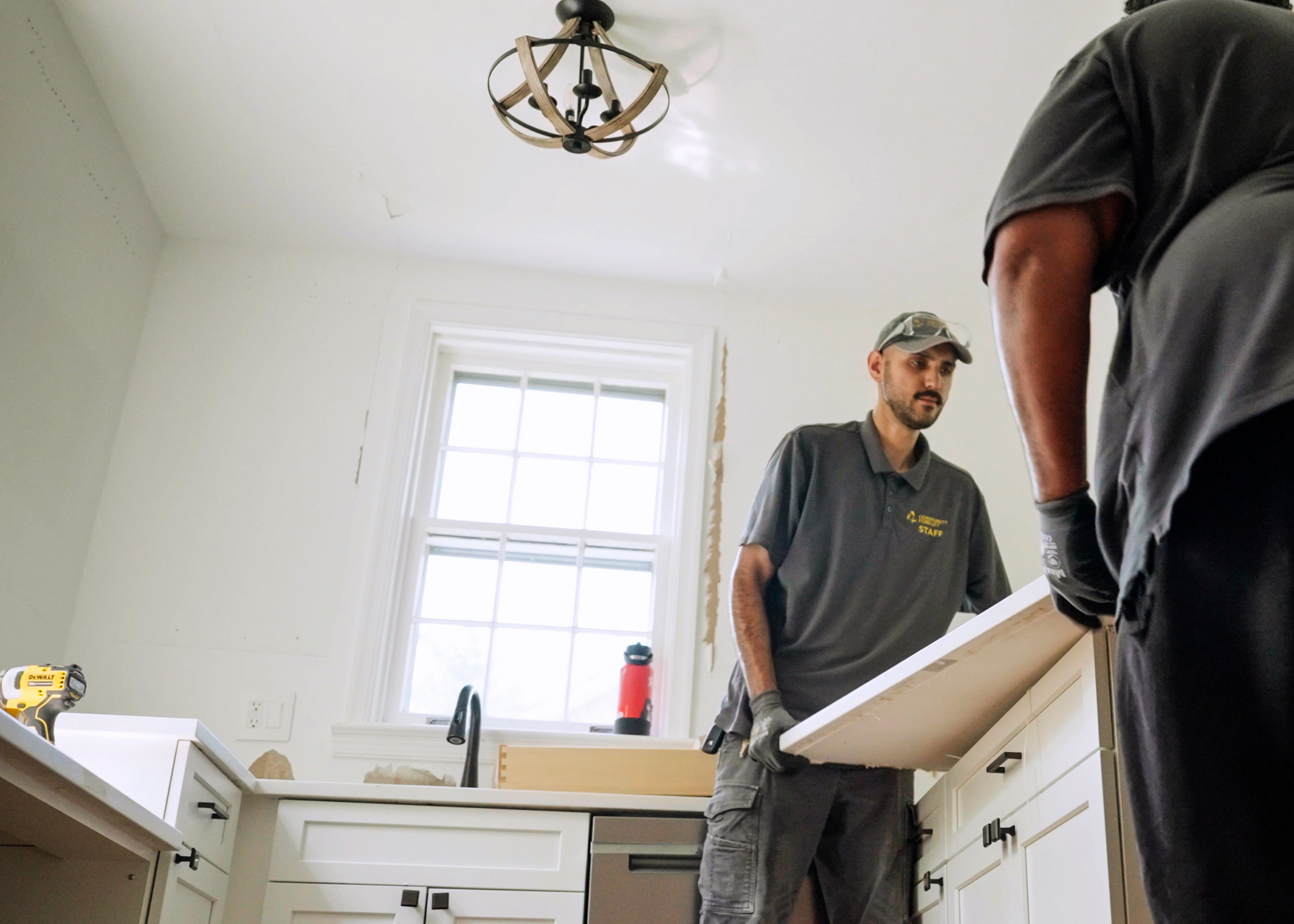
Unlike demolition, deconstruction means diverting waste from US landfills, which typically see an astonishing six hundred million tons of construction debris annually. Salvaging materials for reuse also leads to the preservation of historic materials and conserving natural resources during future builds. The practice creates local green jobs (local workforce can be trained and mentored) and supports small businesses and contractors. And perhaps most importantly, it gives the community, local non-profits and households with limited incomes access to both low-cost and free materials, via Community Forklift’s reuse warehouse store.
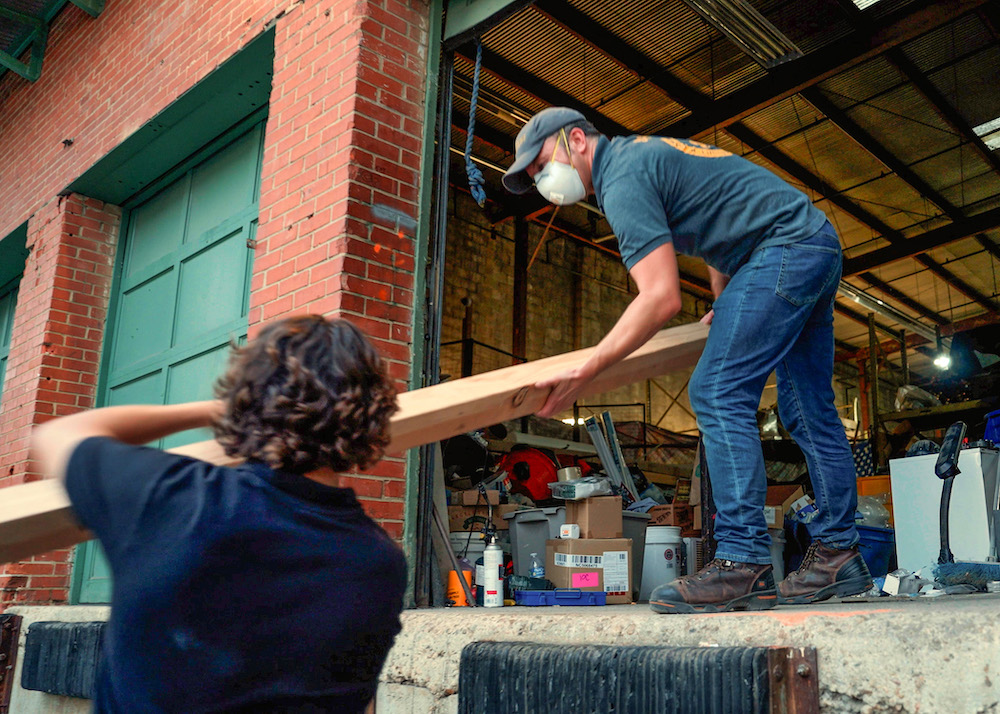
Deconstruction and reuse gives the community access to low-cost and free materials.
Get in touch with Community Forklift as early on in your project as possible, so they can help you plan for the careful collection of materials from your site. If you want to help the environment, save money, and support your community, visit communityforklift.org/donate to learn how you can incorporate deconstruction into your project or contact our Donations Team at Donations@CommunityForklift.org or 301-985-5180.
See other articles related to: Community Forklift
This article originally published at http://dc.urbanturf.production.logicbrush.com/articles/blog/renovating_choose_deconstruction_instead_of_demolition/22727.
Most Popular... This Week • Last 30 Days • Ever

This article will delve into how online home valuation calculators work and what algo... read »
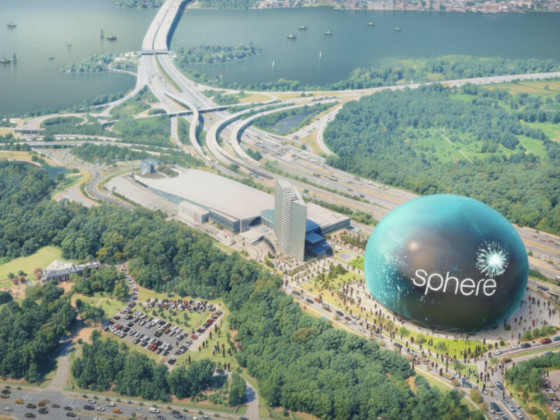
On Sunday, Sphere Entertainment Co. announced plans to develop a second U.S. location... read »
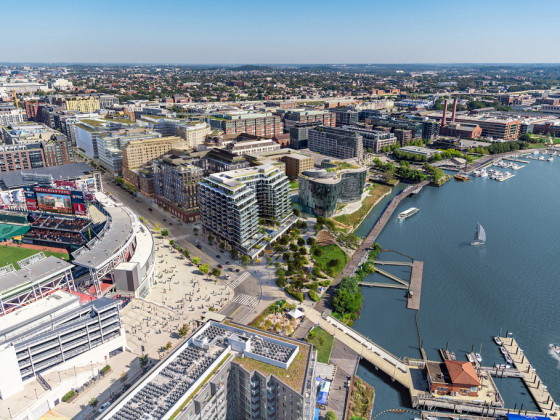
Navy Yard is one of the busiest development neighborhoods in DC.... read »
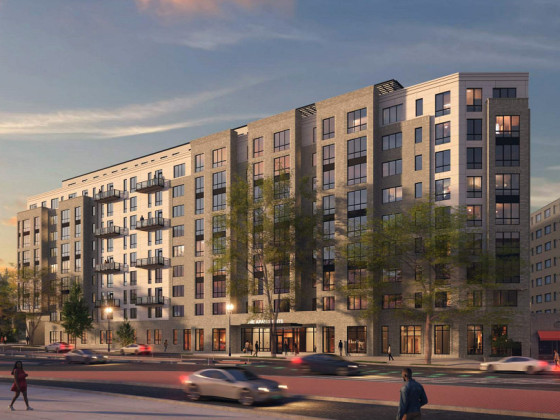
Carr Properties' planned conversion of a vacant nine-story office building into a 314... read »
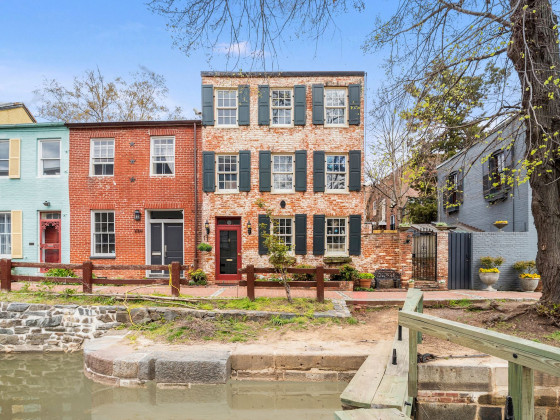
While the national housing market continues to shift in favor of buyers, the DC regio... read »
DC Real Estate Guides
Short guides to navigating the DC-area real estate market
We've collected all our helpful guides for buying, selling and renting in and around Washington, DC in one place. Start browsing below!
First-Timer Primers
Intro guides for first-time home buyers
Unique Spaces
Awesome and unusual real estate from across the DC Metro
